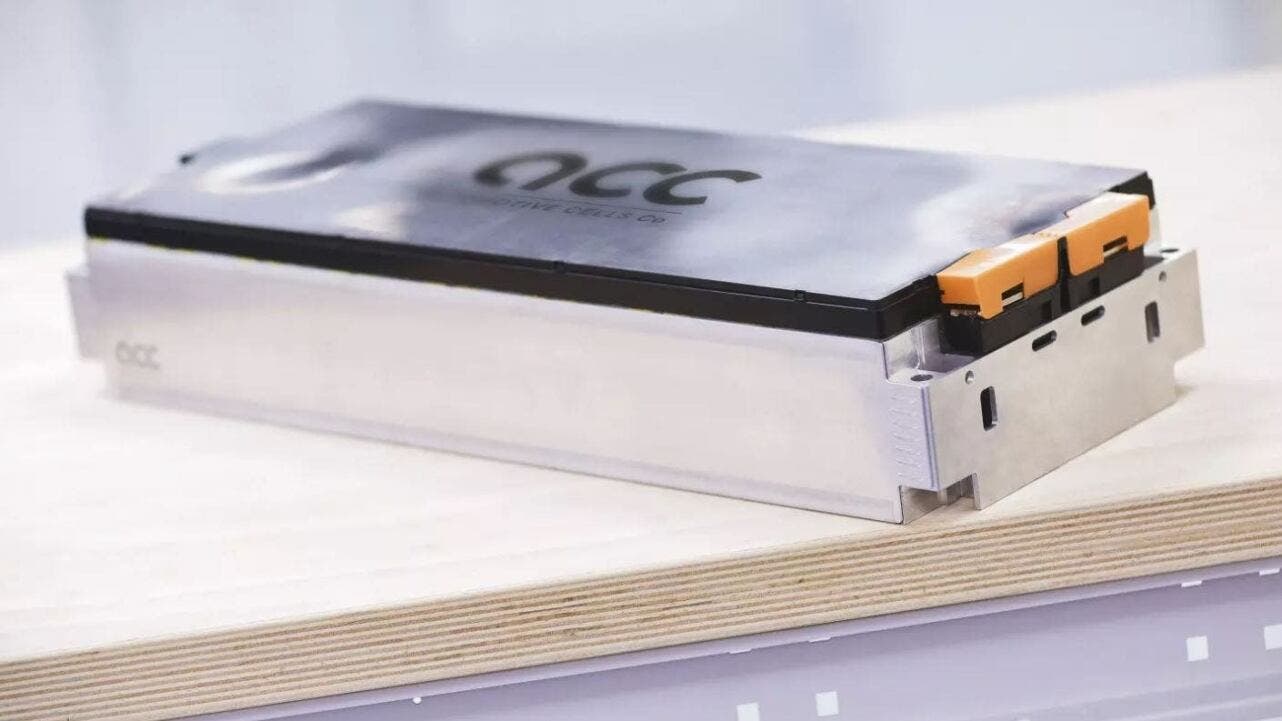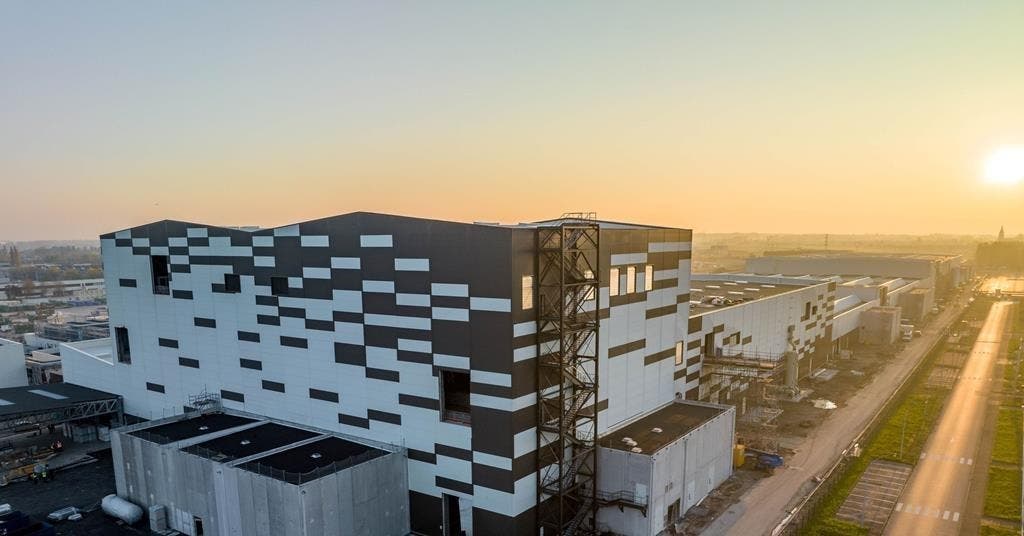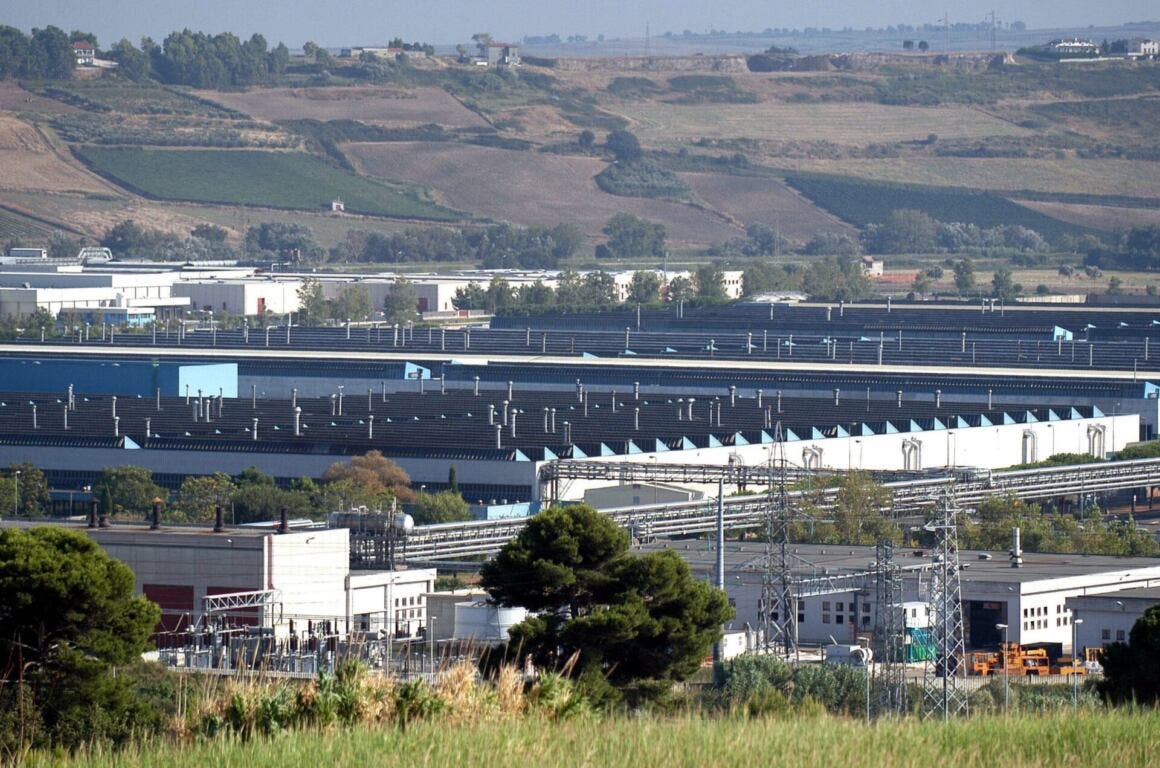The joint venture involving Stellantis, Mercedes, and Total Energies, known as Automotive Cells Company (ACC), has halted construction work at two of its three plants. Battery cell production was supposed to take place in Germany, Italy, and France. The affected plants are those in Kaiserslautern, Germany, and Termoli, Italy. The suspension of work was decided to allow for the adoption of more cost-effective battery technologies, replacing the initially planned nickel-based chemistry. Stellantis, which holds the majority stake in ACC, is now under pressure from the Italian government.
Stellantis could lose funding for the battery Gigafactory in Italy, warns the government

According to Reuters, Italian Industry Minister Adolfo Urso warned that public funds allocated to the project could be reallocated if Stellantis doesn’t quickly commit to the Termoli plant. Meanwhile, Stellantis has assured that ACC is updating plans for the plants in Italy and Germany to introduce new technology in cell and module production, in line with market developments.
This statement follows the defensive stance adopted by the company when, in June, it justified the slowdown in operations with the decline in demand for electric vehicles, highlighting the need to develop cheaper batteries to make electric vehicles more accessible.
The future of the Kaiserslautern and Termoli plants will be clarified by the end of 2024 or early 2025. It’s not yet clear how ACC‘s reorganization will affect the third plant in France, where production is currently ramping up with a capacity of 13.4 GWh, with plans to further expand to 40 GWh.

Currently, the ACC joint venture is focused on producing NMC battery cells but may consider other technologies in the future. Renault, another competitor, is also opening up to LFP technology, which is cheaper, while maintaining its NMC strategy. Meanwhile, Stellantis also announced in July a collaboration with the French state research entity CEA to develop next-generation battery cells.
ACC‘s original project involved converting a Stellantis production plant in Termoli into a Gigafactory, with a planned investment of about 2 billion euros, including 370 million euros in EU public funds. However, these funds are only available until the end of 2026, a deadline that worries the Italian government, fearful of losing the funding.
